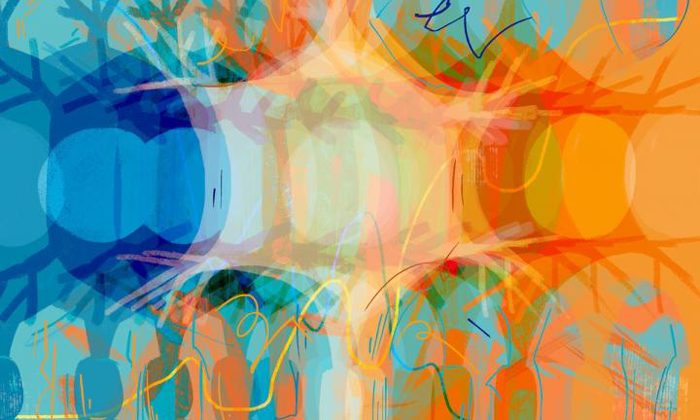New study into unlocking the brain’s regenerative potential
Posted: 13 May 2019 | Drug Target Review | No comments yet
Scientists identify ‘wake-up’ signal for deep-sleeping neural stem cells to potentially aid in the treatment for neurological disorders.


Two genes, Hes1 and Ascl1, control the sleeping and waking of adult neural stem cells and their expression fluctuates in waves (credit: Kyoto University/Robin Hoshino)
Researchers at Kyoto University studying brain chemistry in mice have revealed the ebb and flow of gene expression that may wake neural stem cells.
“No one before us has directly compared active stem cells in embryos with inactive, ‘quiescent’ adult stem cells,” said group leader Ryoichiro Kageyama of Kyoto University’s Institute for Frontier Life and Medical Sciences, who points out that at least two genes and their associated proteins regulating activation had already been identified.
The team focused their attention on protein ‘Hes1’, which is strongly expressed in the adult cells. This normally suppresses the production of other proteins such as ‘Ascl1’, small amounts of which are periodically produced by active stem cells.
Monitoring the production of the two proteins over time, the team pinpointed a wave-like pattern that leads to stem cells waking up and turning into neurons in the brain.
When they ‘knocked out’ the genetic code needed to make Hes1, the cells started to make more Ascl1, which then activated almost all the neural stem cells.
“It is key that the same genes are responsible for both the active and quiescent states of these stem cells,” Kageyama added. “Only the expression dynamics differ between the two. A better understanding of the regulatory mechanisms of these different expression dynamics could allow us to switch the dormant cells on as part of a treatment for a range of neurological disorders.”
These findings, which may also apply to stem cells elsewhere in the body, were published in the journal Genes & Development.
Related topics
Cell culture, Neurons, Research & Development, Stem Cells
Related conditions
Neurological disorders
Related organisations
Kyoto University
Related people
Ryoichiro Kageyama


